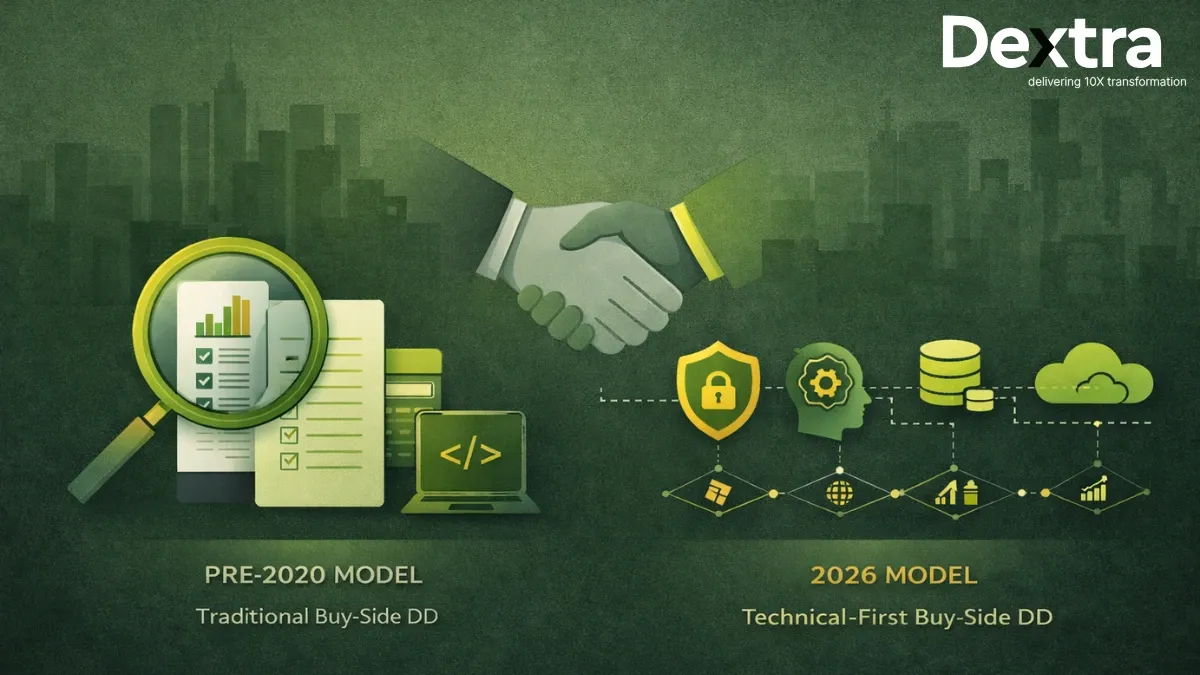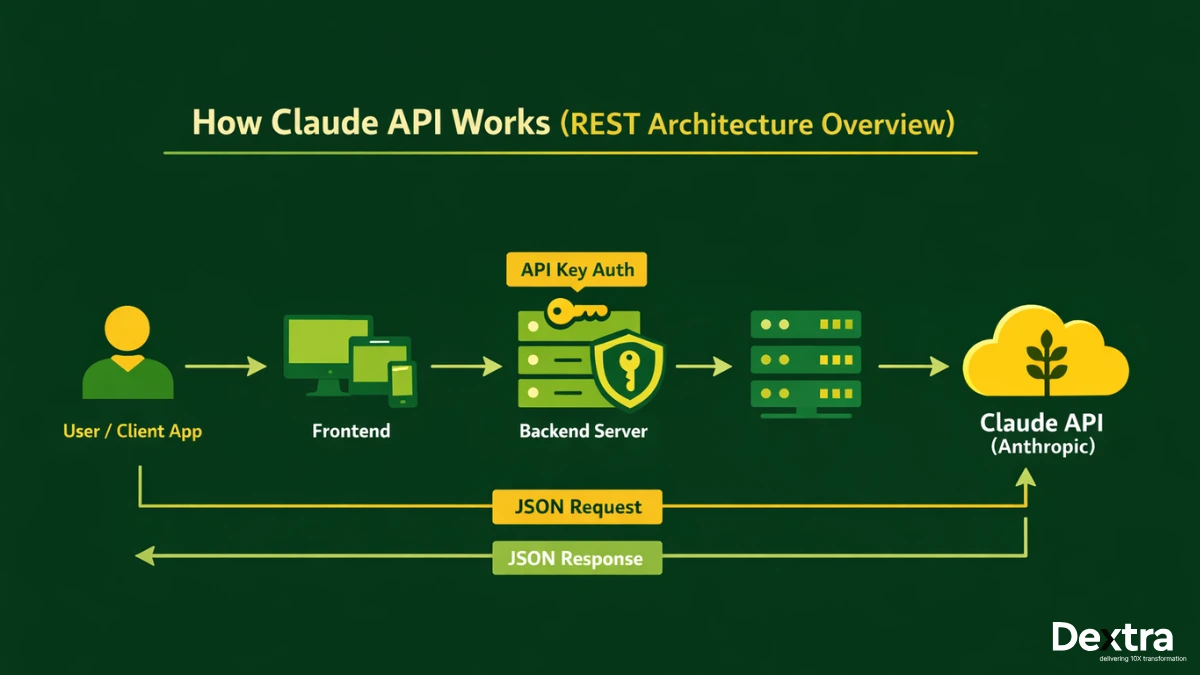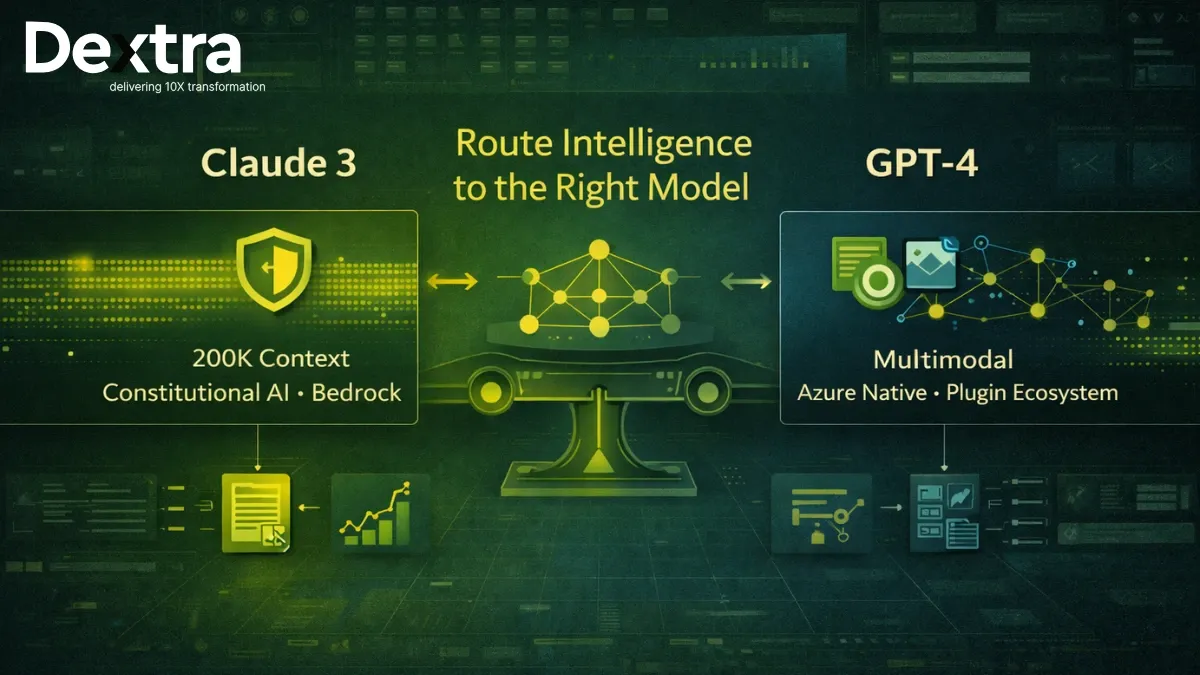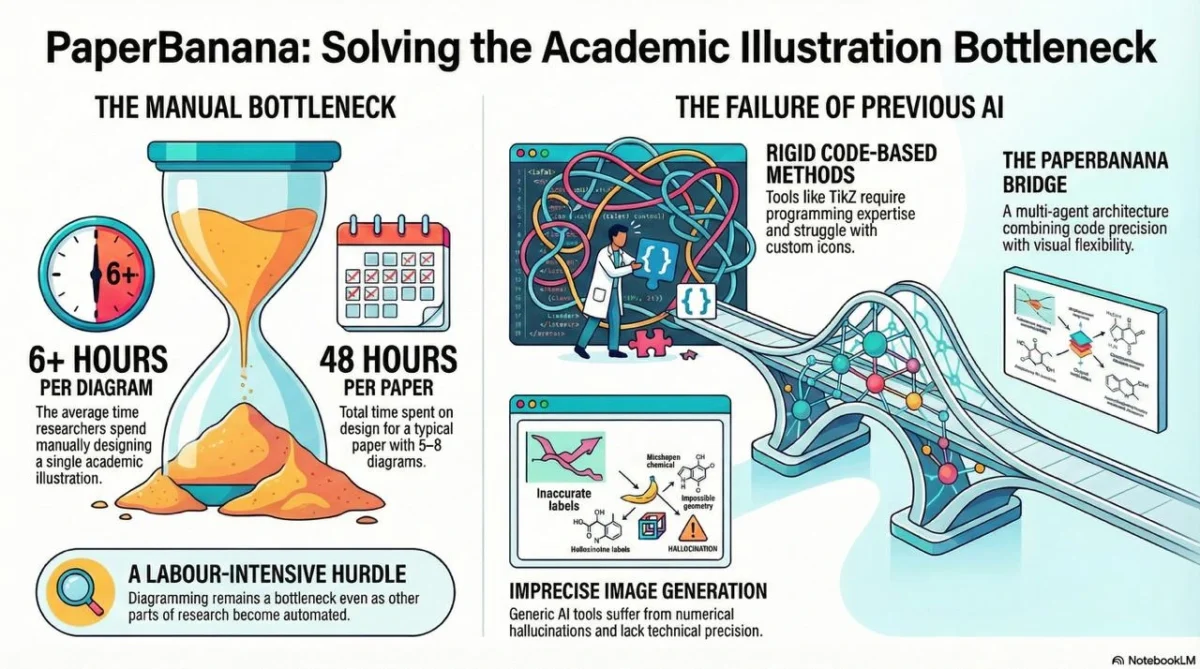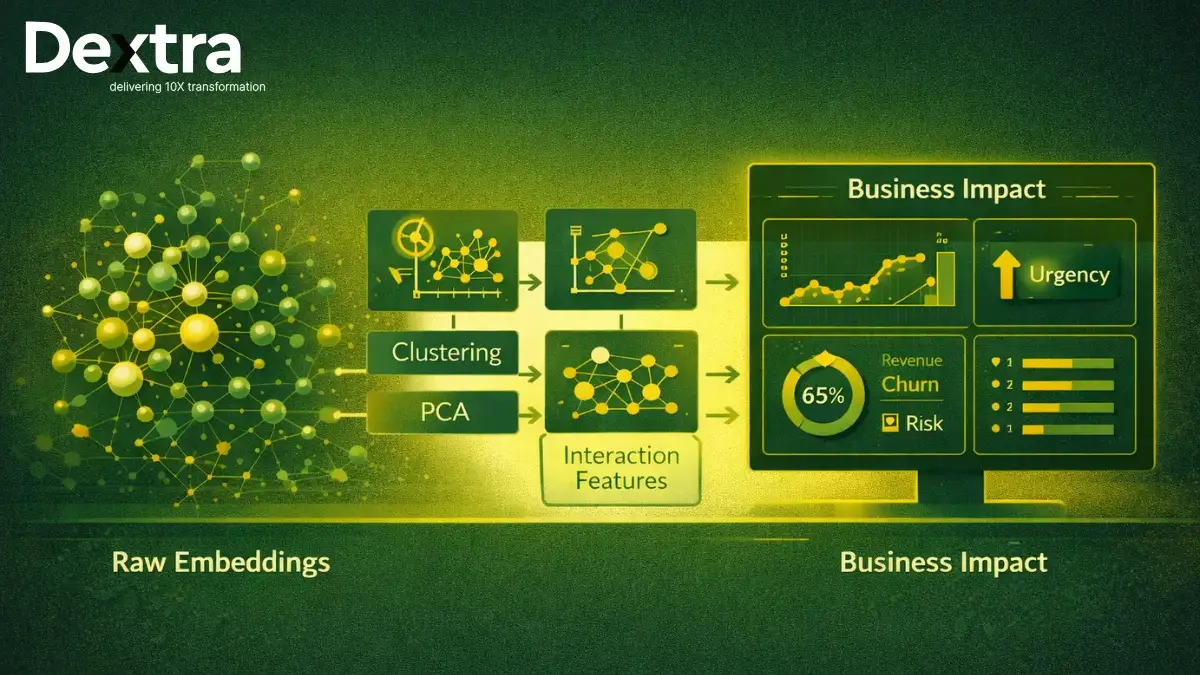Technical due diligence is a crucial step in many business processes, including IPOs, M&As, or funding rounds.
According to a report by McKinsey & Company, Businesses that conduct due diligence on the target’s technology have a 2.8-fold higher chance of succeeding than those that don’t.
Technical Due Diligence is like a thorough check for your tech company. It looks at how your product works and the quality of your code. It also checks for any potential problems that could arise in the future. It’s a good idea to start the Technical Due Diligence process early. This can help you save money, especially during the startup’s technical due diligence process.
This blog will help you understand technical due diligence. Furthermore, you’ll explore the process and checklist of performing tech dd.
What is Technical Due Diligence?
Technical due diligence (tech DD) is a detailed review of a product’s technical state. The process evaluates the product, its architecture, services, practices, roadmap, and IT staff.
During the technical due diligence process, it looks at code quality and decision-making processes. The goal is to identify risks and provide a clear picture for investors. Furthermore, it also scans for security concerns and checks data privacy compliance.
Usually, investors initiate technical due diligence (tech DD). However, a company can also start the process before seeking funds or investments. It is often conducted before significant corporate events, like (M&A) or (IPOs).
Technical Due Diligence software promotes transparency among investors and developers. Investors get a report showing the product’s strengths and weaknesses. While developers receive feedback on issues to fix before seeking investment.
This process helps decision-makers understand if a product is a good investment. It also provides insights into customer relationships, team structure, and key performance metrics.
What are the Process of Technical Due Diligence?
Tech DD ensures that there are no hidden issues. A tech due diligence process can be broken into multiple stages. Take a look:
Preparation
Well, the first stage is preparation. The team determines the scope of the due diligence. According to this, they recruit the appropriate experts, like engineers or IT professionals. The objectives and timeline are set, and a plan is created for what will be evaluated.
Formal Commencement
The formal commencement marks the start of the due diligence process. Both sides have agreed on the terms and expectations. Then, a kickoff meeting is held to align everyone. This meeting signifies the project’s goals, deliverables, and responsibilities. Furthermore, confidentiality agreements are signed.
Examination of Documentation
Next, the due diligence team reviews the documentation. This includes evaluating software, hardware, codebases, product details, and system architecture. The team also checks security audits and compliance records to ensure everything is in order.
Scheduling a Meeting
After examining the documentation, a meeting is scheduled with the key personnel. This gives the team the chance to clarify any questions and gain deeper insights into the company’s technology and processes.
Discussion of All Issues
During this step, the team discusses any identified issues. This includes technical debt, scalability concerns, security vulnerabilities, and any discrepancies in the documentation. The goal is to resolve any uncertainties and ensure addressing all risks.
Technical Due Diligence Report Writing
Finally, the team delivers a technical due diligence report. This paper summarizes the findings, identifies potential dangers, and gives recommendations. It gives a clear picture of the company’s technological health and helps guide decision-making.
Technical Due Diligence Checklist
Technical Due Diligence Firms investigate a company’s technology, software, infrastructure, etc. They follow a structured technical due diligence checklist. Let’s have a look.
1. Technology Infrastructure
A solid technology foundation is critical for any business to operate efficiently and scale effectively.
- Hardware: Are the servers, networking equipment, and storage solutions contemporary and sufficient to sustain operations? Aging hardware can create performance bottlenecks and increase maintenance costs.
- Software Systems: Which databases, enterprise apps, and operating systems are in use? Look for compatibility and modernization options.
- Scalability and Reliability: Does the infrastructure have the capacity to handle growth? If demand spikes tomorrow, will it hold up or crash under pressure?
2. Intellectual Property
The security of your investment depends on the IP supporting it. Verify that everything is secure and authentic.
- Ownership: Confirm that the company owns all essential intellectual property. It includes its software, trademarks, patents, etc. Avoid surprises such as joint ownership or disputed claims.
- Legal Standing: Are there any ongoing lawsuits or potential infringements?
- Open Source Use: Is the use of open-source software compliant with licensing terms? Misuse could lead to legal troubles down the road.
3. Software Development Practices
The quality of the code and the team’s workflow can make or break the business.
- Methodologies: Does the team use structured practices like Agile or Scrum? These ensure flexibility and collaboration.
- Codebase Quality: Is the code readable, scalable, and well-documented? Poorly written code can hinder future development. Moreover, it can cause bugs, leading to performance issues.
- Team Skills: Does the team have the expertise to support current systems? Additionally, will they be able to tackle future challenges?
4. Cybersecurity
Strong security practices are a non-negotiable policy. This becomes extremely strict when dealing with sensitive data.
- Vulnerabilities: Are there gaps in security? Regular audits and penetration testing are key. It can save the firm against data breaches and threats.
- Access Control: Who has access to critical systems? Are best practices like two-factor authentication (2FA) in place?
- Incident Response: Does the company have a plan to contain and resolve breaches?
5. Data Privacy Compliance
Data privacy isn’t just about avoiding fines, it’s about building trust with users.
- Policies: Does the company have clear data privacy policies, and are they compliant with regulations like GDPR, CCPA, or HIPAA?
- Data Protection: How is sensitive data handled? Encryption should be applied to both stored and transmitted data.
- Historical Issues: Have there been any past privacy breaches, and how were they handled?
6. IT Operations and Support
The backbone of any business, IT operations must be efficient and reliable. It due diligence helps to make it efficient,
- Helpdesk and Support: Does the company provide adequate support for internal and external users?
- System Monitoring: Are there tools in place to proactively identify and fix issues?
- Business Continuity: What’s the plan if there’s a system failure? Backup and disaster recovery strategies are critical here.
7. Product and Technology Roadmap
Understanding the product’s trajectory helps you assess future potential.
- Existing Features: Is the product feature-rich and solving real problems?
- Future Plans: Are upcoming features aligned with customer needs and market trends?
- Innovation Potential: Does the company have the resources and vision to innovate?
8. Technical Debt and Legacy Systems
Technical debt is like financial debt, it’s manageable, but only if it doesn’t spiral out of control.
- Assessment: Are there parts of the system built with shortcuts that now require significant effort to fix?
- Impact: How does this debt affect the company’s ability to scale or introduce new features?
- Resolution Plans: Does the company have a roadmap for reducing technical debt and modernizing systems?
9. Infrastructure and Cloud Strategy
Cloud-based systems are standard for many companies, but they still need to be efficient and cost-effective.
- Cloud Utilization: Which cloud providers are used (AWS, Azure, GCP)? Are the services optimally configured?
- Cost Optimization: Is the company managing cloud expenses effectively, or are there inefficiencies?
- Redundancy: What happens if a data center goes down? Look for strong backup and failover systems.
10. Compliance and Regulations
Non-compliance may lead to fines and reputation damage. Confirm that the organization is following the rules.
- Industry Standards: Is the company complying with certifications? This includes certifications such as SOC 2 and ISO 27001.
- Litigation Risks: Are there any pending legal or regulatory challenges?
11. Talent and Team Structure
Every successful product has a solid team behind it.
- Key Personnel: Is there a single point of failure? It mean a critical developer who holds all the knowledge?
- Team Expertise: Does the team have the skills to meet future challenges?
- Turnover Rates: High turnover can signal deeper issues like poor culture or mismanagement.
12. Documentation and Knowledge Management
Proper documentation ensures continuity and smooth operations.
- Technical Documentation: Are system designs, APIs, and processes well-documented?
- Knowledge Transfer: Is there a plan for training new hires or transferring knowledge to other teams?
- User Guides: Are there clear guides to help end users and admins understand the systems?
Dextra Labs: Your Efficient Technical Due Diligence Consultant
At Dextra Labs, we focus on the things that matter most to investors and CTOs. We are one of the top technical due diligence companies. Here’s how our technology due diligence consulting improves your valuation:
Strong Growth Foundations
We closely examine your systems and tech stack to ensure scalability. We position you for long-term success by making sure your technology is designed for expansion. This reassures investors that your business can grow without incident.
Secure and Future-Ready Solutions
Security is important, and we assist you in locating possible weak points in your systems. We provide solutions to protect your data and make sure your technology is ready for anything that may arise. Your company is safe and prepared for the future. All thanks to this excellent proactive tech DD approach.
Smart Strategies Improve Efficiency
We collaborate with you to find areas for process improvement. It reduces costs and boosts performance. This ensures efficient and smooth operations. Investors favor companies that are both efficient and profitable.
Build Trust by Mitigating Risks
We uncover and address potential technical risks early. By solving these issues before they become bigger problems, we help you build trust with investors. A company that actively manages risks is always more appealing.
Keep Your Tech Up-to-Date
We help you stay ahead of technological advancements. Our solutions ensure your systems are up-to-date and future-ready. This keeps your company competitive and shows investors your commitment to innovation.
Conclusion
Technical due diligence is a key process for assessing a company’s technology. It evaluates infrastructure, security, and scalability. The goal is to identify risks and potential issues.
Technology due diligence instruments help investors make informed decisions. It ensures the product is secure, compliant, and ready for growth. Proper due diligence mitigates risks and builds trust with stakeholders.
Dextra Labs specializes in technical due diligence consulting.We work with you to guarantee that your technology is both scalable and secure. We identify risks early and increase efficiency. Our strategy keeps your systems up to date and prepared for the future.
Frequently Asked Questions (FAQs) on Tech DD:
Q. What is the meaning of technical due diligence?
Technical due diligence is the process of evaluating a company’s technology before investing or acquiring. It looks at the company’s systems, software, and infrastructure. The goal is to identify any risks or weaknesses. Tech dd helps ensure the technology can support future growth.
Q. What are the 4 P’s of due diligence?
The 4 P’s of due diligence are important areas to examine. Product refers to the company’s products or services. People focus on the management team and employees. Processes look at internal operations and efficiency. Performance assesses financial health and growth potential.
Q. What are the three types of due diligence?
There are three types of due diligence. Financial due diligence reviews the company’s financial health and risks. Legal due diligence examines contracts, liabilities, and legal issues. Operational due diligence looks at the company’s day-to-day operations and efficiency.
Q. What is technical due diligence ?
Technical due diligence is the review of a company’s technology. It examines the software, systems, and infrastructure. Tech dd identifies potential risks and ensures the technology can scale. It helps investors understand the company’s technical capabilities.


